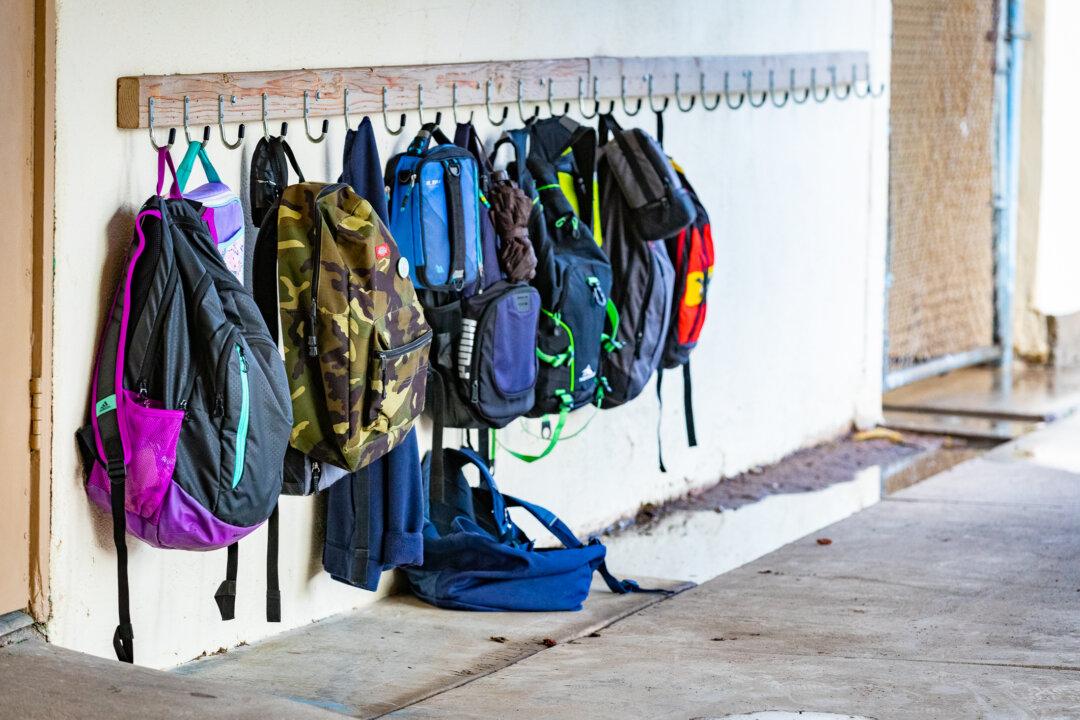The Orange County Department of Education last month unveiled an online training program for district educators to support homeless students.
The department’s homeless outreach program seeks to remove barriers for homeless students to attend school and to give them the educational and physical support they need to succeed.





